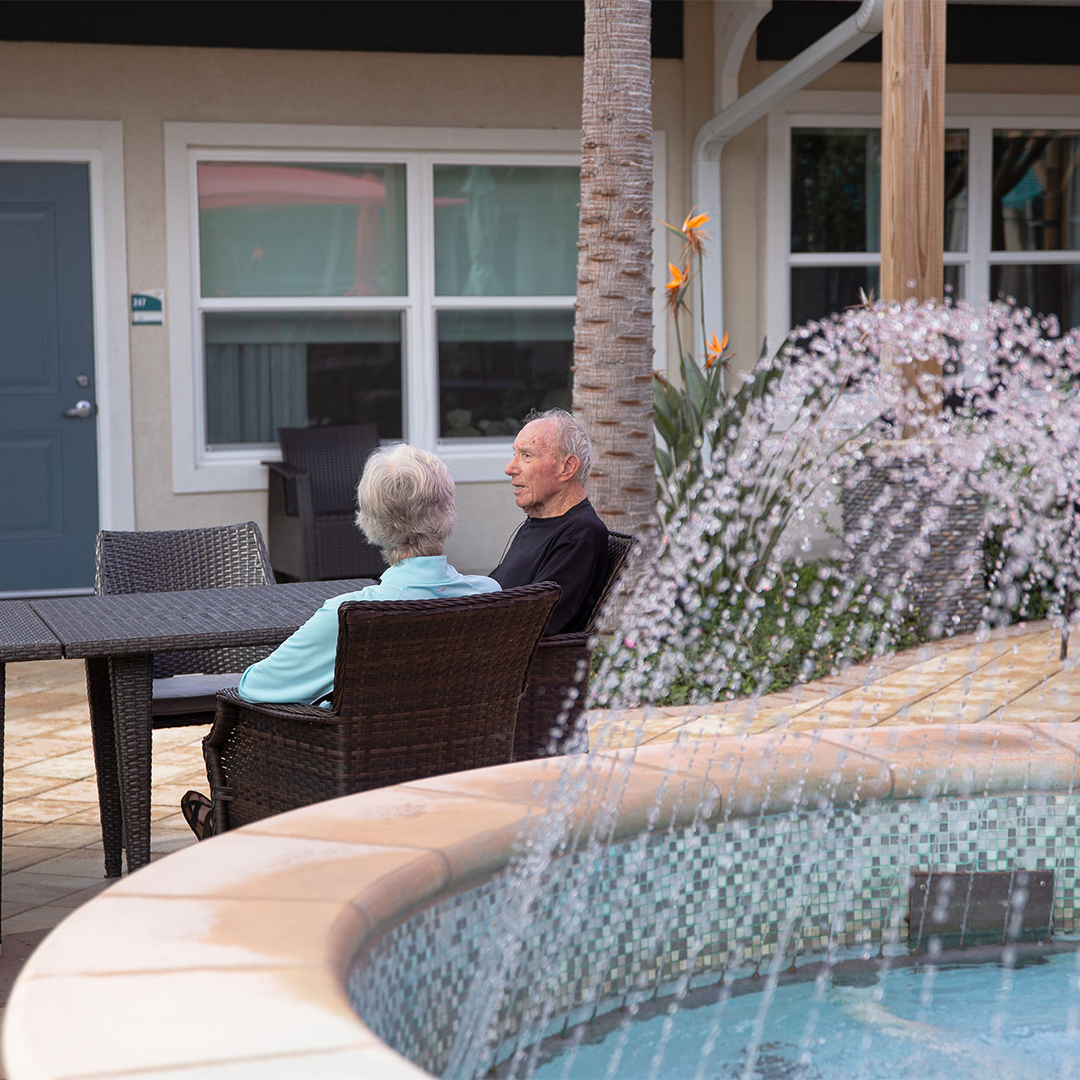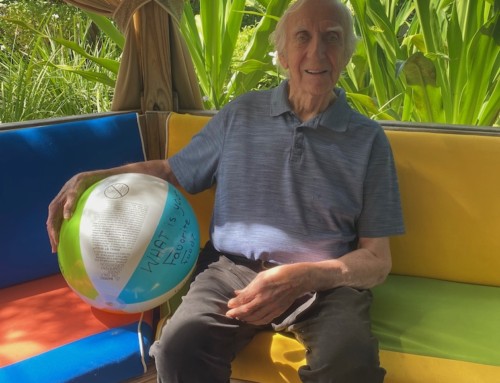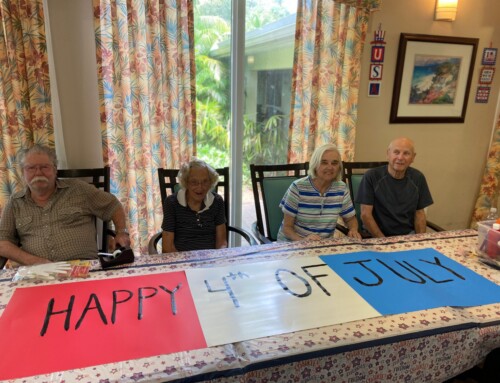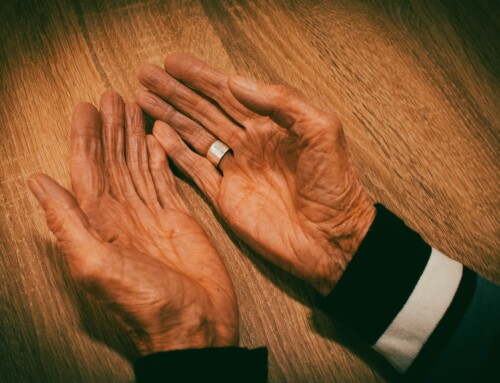As people grow older, many changes happen both physically and emotionally. Any one of these changes may cause your senior loved one to begin to isolate themselves- whether it be a decrease in mobility or if they no longer are comfortable with their appearance. Whatever the cause of their anxiety, left alone for too long, a senior who is not socially engaged is far more likely to experience depression and loneliness. Inactivity and isolation can sneak up on seniors a little bit every day – but this is not a good state of mind for them to be in.
We should point out that depression and loneliness are not uncommon at this stage of life, but a lack of social interaction can also result in an earlier onset of dementia. If your elderly loved one is currently living alone, you can enhance their quality of life by helping them to remain active and social – which is actually a laudable goal at any age.
Your Senior May Need Your Support
Senior citizens may not intentionally set out to become isolated, but often they feel trapped by physical difficulties or the inability to drive or travel around town. In these and many other circumstances, there are proactive steps you can take to encourage your loved one to get back to being socially engaged with friends and family.
- Consider their Physical Limitations and Needs: If your loved one needs special technology which will help them to navigate the world, make sure they have access to that equipment. This may be a hearing aid, a walker, a wheelchair, or even just a medical ID/alert bracelet, so they feel secure in case of emergency. By equipping them with the gear they need to remain safe, they may feel more confident about going outside their home. Make sure they have a cell phone they can easily operate to make an emergency call if necessary, and program in all the numbers they will need.
- Anticipate any Potential Issues: Sometimes seniors can feel anxious about embarrassing themselves outside of their home, whether due to incontinence, a speech impairment, or hearing issues. Be sure to consider all possibilities and help them to be prepared – such as timing short excursions at specific times of day, packing extra products, or not bringing them to tight, crowded venues. The goal is to create as much of a sense of comfort and preparedness as possible.
- Arrange Safe Transportation: Many senior citizens have surrendered their driver’s licenses, and this tends to make them stay home most of the time. If they have a favorite activity or event and you cannot pick them up, arrange in advance for their transportation. Be sure to explain to the cab company or ride-share employee if they will need assistance (such as with walkers or wheelchairs), and be sure to pay for the ride in advance to avoid any confusion. You may also consider looking for a friend or relative you trust who may be willing to provide transportation and companionship. When seniors are not intimidated by the process, they are more likely to stay socially engaged.
- Do the Work: Your loved one may not be forthcoming about what types of activities they long to attend, but their family generally has a pretty good idea of their interests. Look for age and activity-level-appropriate local events for them to attend or special interest clubs to participate in; someone who loves nature may thrive as a Botanical Gardens volunteer, or someone who loves art may enjoy taking fun and engaging classes.
The most effective way to help your loved one stay socially engaged is to stay involved yourself. Their lives can be happy and meaningful as long as they can still go out and explore the world – and being with someone they love makes the entire experience more fulfilling and comfortable.
If your loved one requires assisted living or memory care, choose an adult living residence that encourages social interaction. At A Banyan Residence in The Villages, we understand how important staying active and engaged is for your loved one’s well-being. Come learn more about our Ocala area facilities and programs today.








